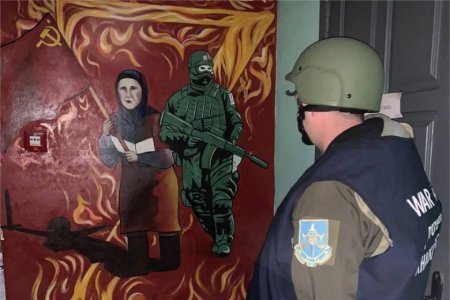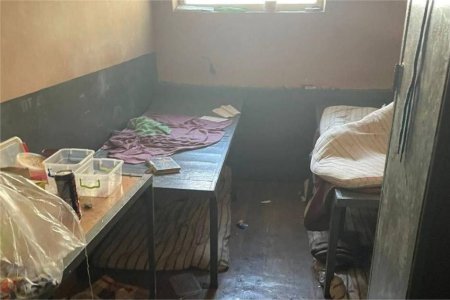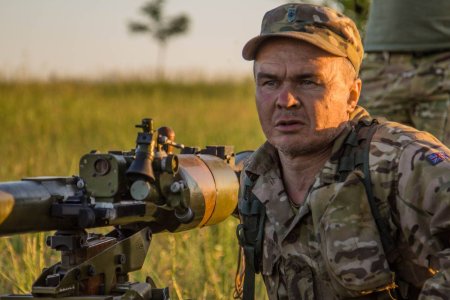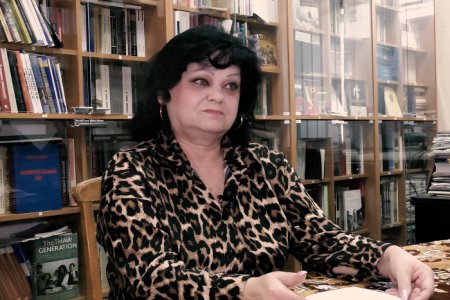Every year, on 20 February, we vacationed in the Transcarpathian Region. My mother and grown-up children stayed home, and we went on vacation. We had returned tickets for February 26th. We were told not to come home because nothing was left here. We stayed there for three months; in Svaliava, we were placed in a kindergarten. But other relatives remained, and they were hiding in the cellar.
And then my mother told me it was too hard, and my brother came to pick them up. He told everyone to get in the car in 10 minutes. He took them all (20 people) to the Khmelnytskyi Region. They were also placed in a kindergarten there.
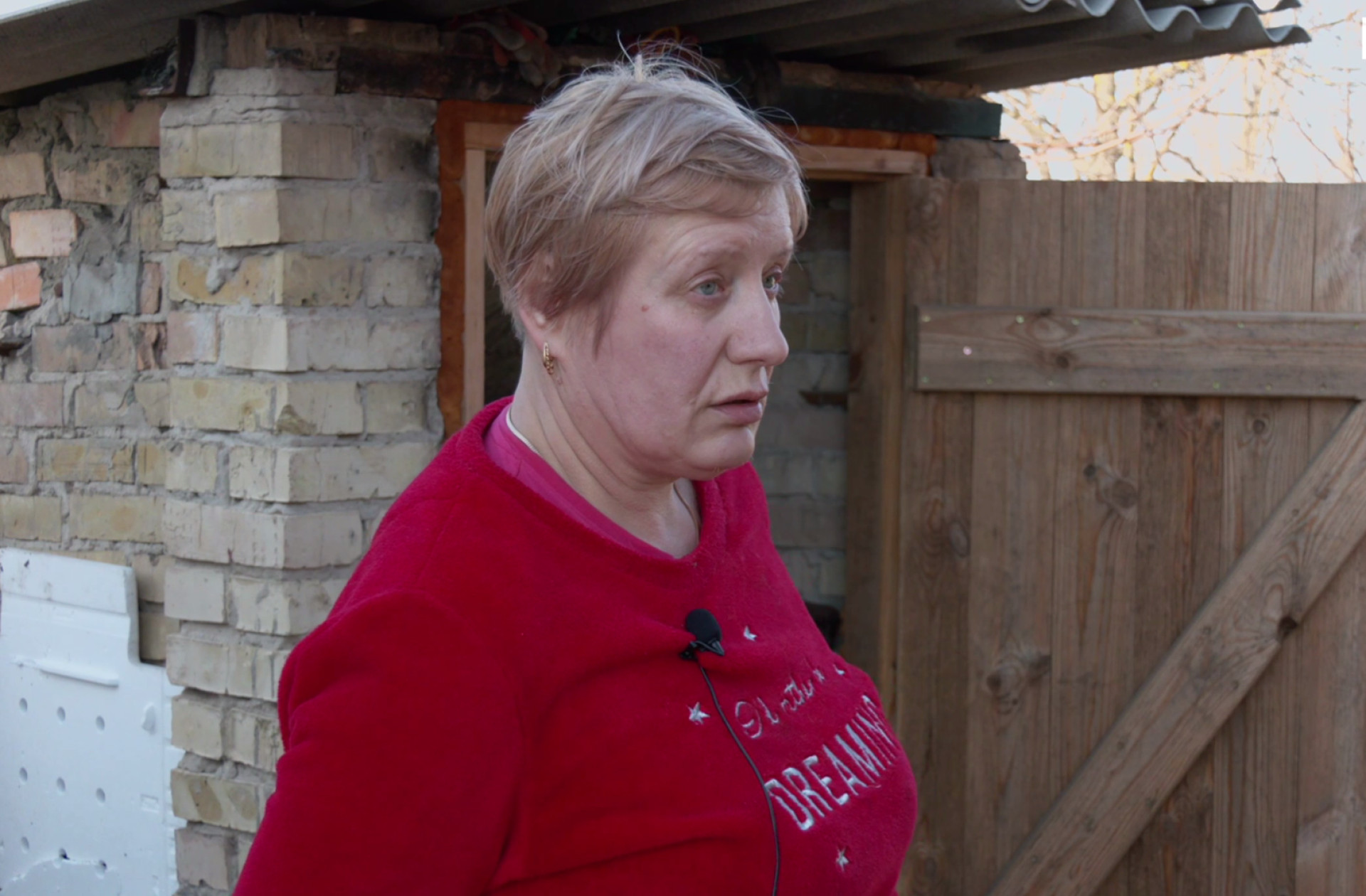
My brother brought humanitarian aid to Zahaltsi. He traveled there three times and took out the wounded on the way back. And then he said, “I’ll go for the last time.” My son also wanted to go; he is fighting now. That’s all. My brother didn’t come back. He had a company in the town center, and the shell landed there. He was burned alive. Three people were burned alive. But the younger brother, who is 38 years old, remained alive. He had severe wounds, and we barely pulled him out.
They carried the aid together, and some guys helped unload the humanitarian aid. They had a company called “Ritual Services” in the center. They unloaded everything and sat down to drink coffee — and the place got hit. Three died, and two survived. The guys said that the next day, they took his remains away. They collected the bones. It was 17 March.

My brothers and cousins told me that people were tortured there. The Russians shot. They did what they wanted, and they destroyed everything. We returned on 7 May to find ashes. Here is only one wall left and the cellar — nothing else. Here, we had a gazebo. Everything burned down. We had five rooms, a kitchen, and a bathroom. We had everything. When we were going on vacation, I told my husband that the children had a place to live, and we had one, so let’s live a little for ourselves. Now we returned, but nothing left.
There were probably a lot of hits because there were six or seven craters here. Half of our house was wooden and made of oak; we added the rest later. The children grew up, and we completed the construction. Everything wooden burned down, but the outbuilding remained. And that’s it, there is nothing more. This year, I will plant flowers here and let them grow. What can you do?
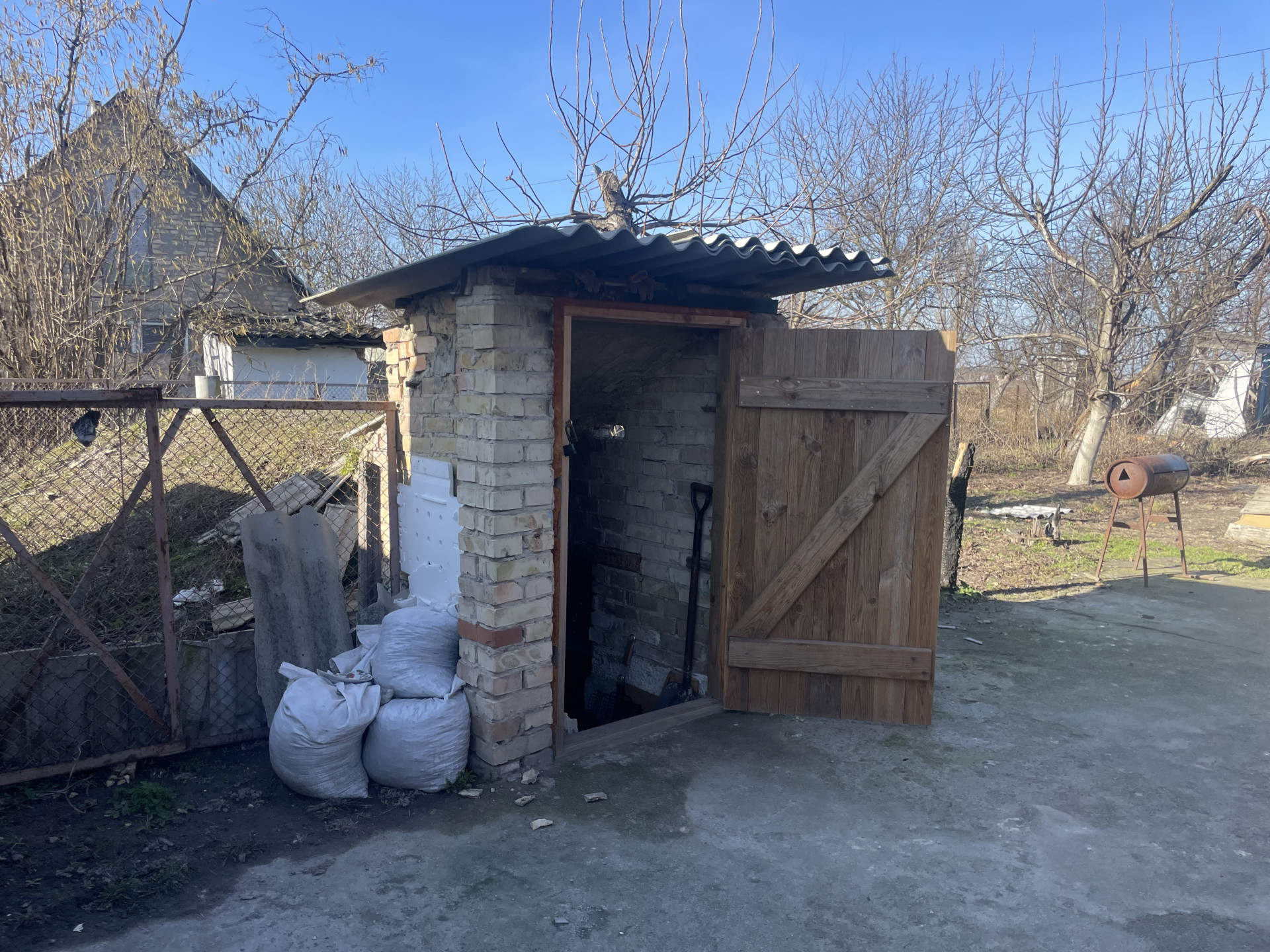
These are monsters! Not people, but monsters! They caused so much grief to us. My son was here; he called and said that our tanks were driving down the street. And then the Buryats or whatever they called them came. And they did a lot of bad things. The son said they hid in the cellar because the children were small. Wow, how it hammered here!
Let them go to hell... What can I tell them? I don’t even have words. I want them to experience what we experienced. Or something worse. If you look at what they show on TV, you will see that they are probably worse than the Germans once were. They are monsters!
